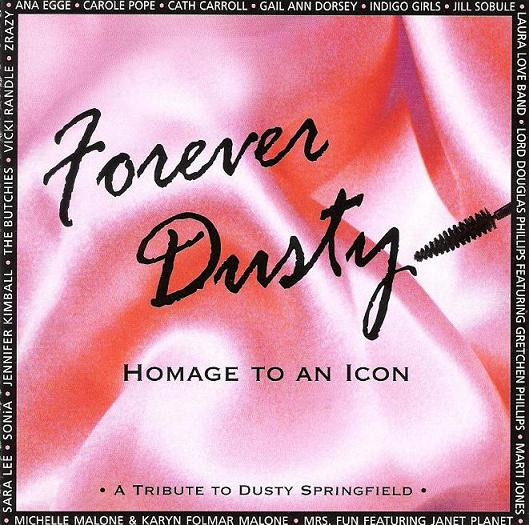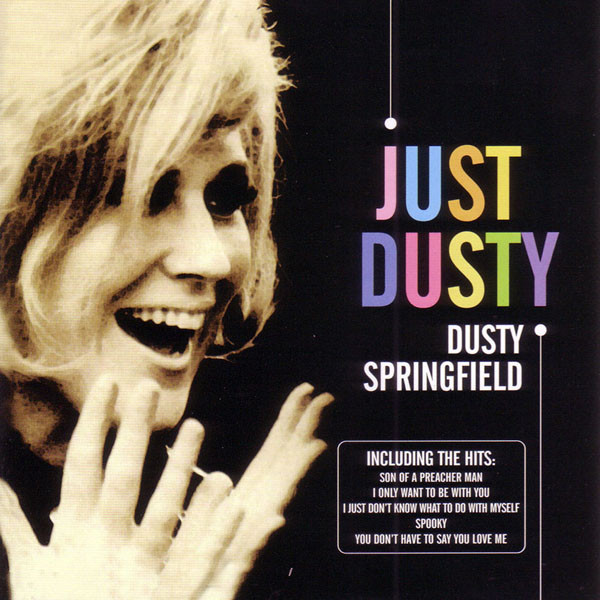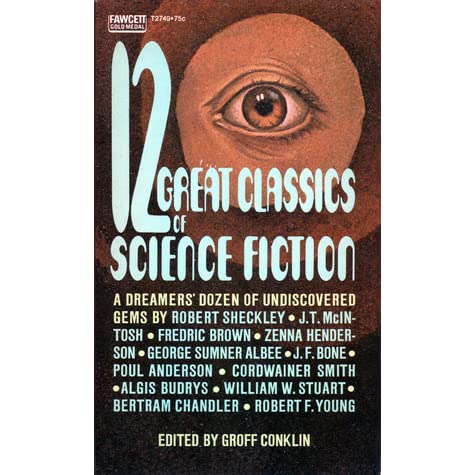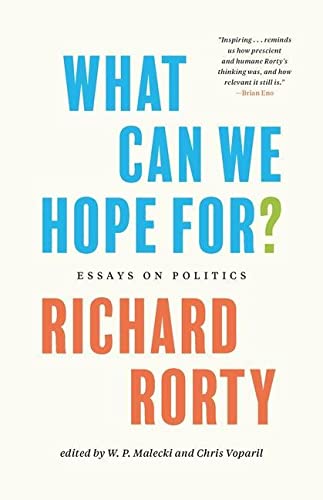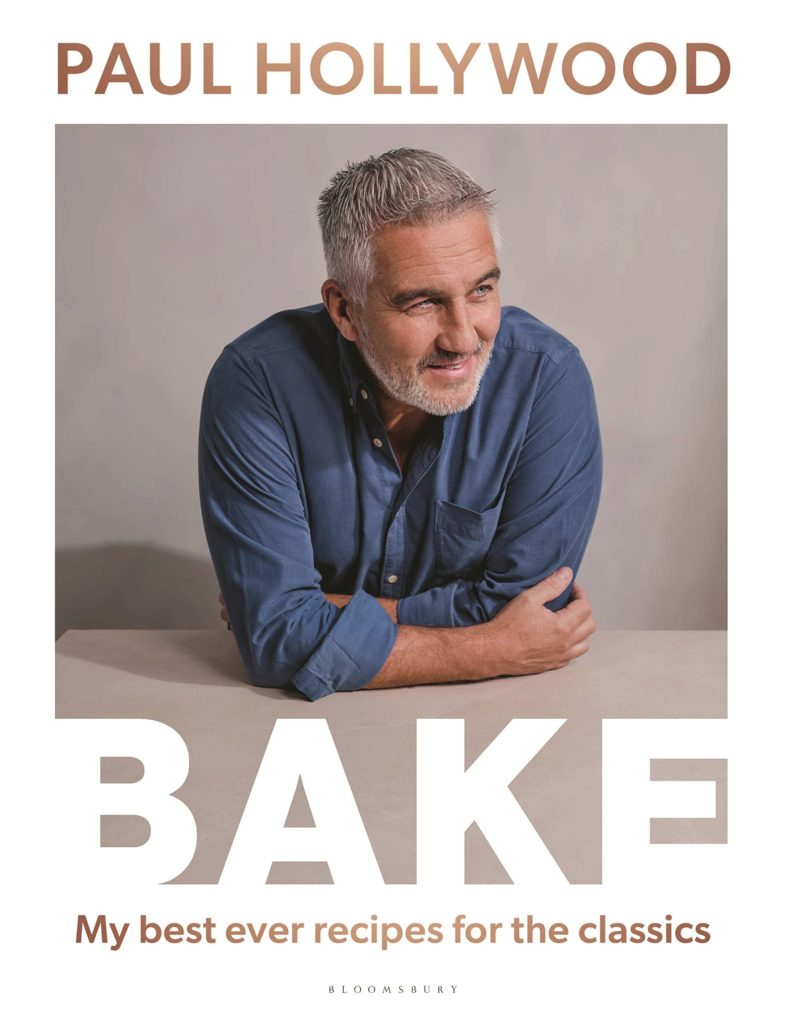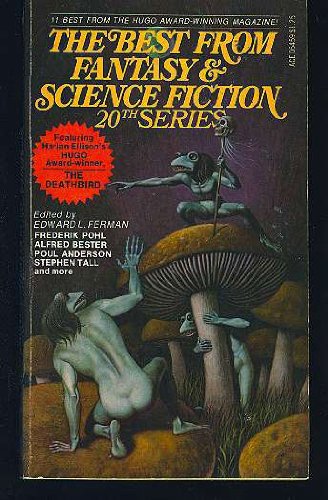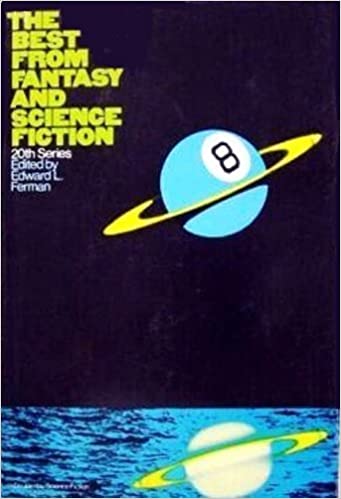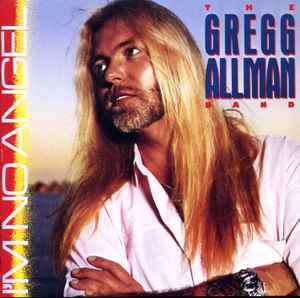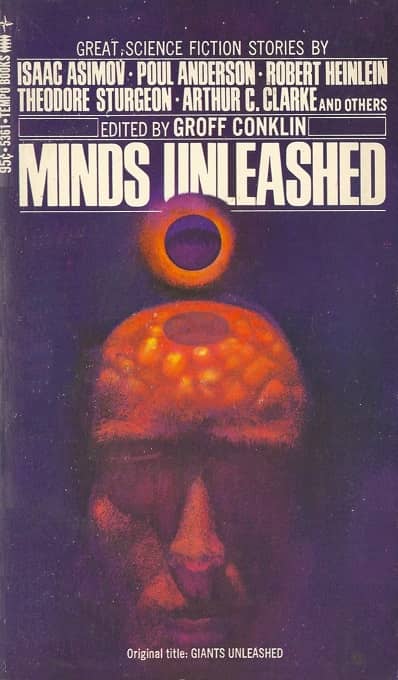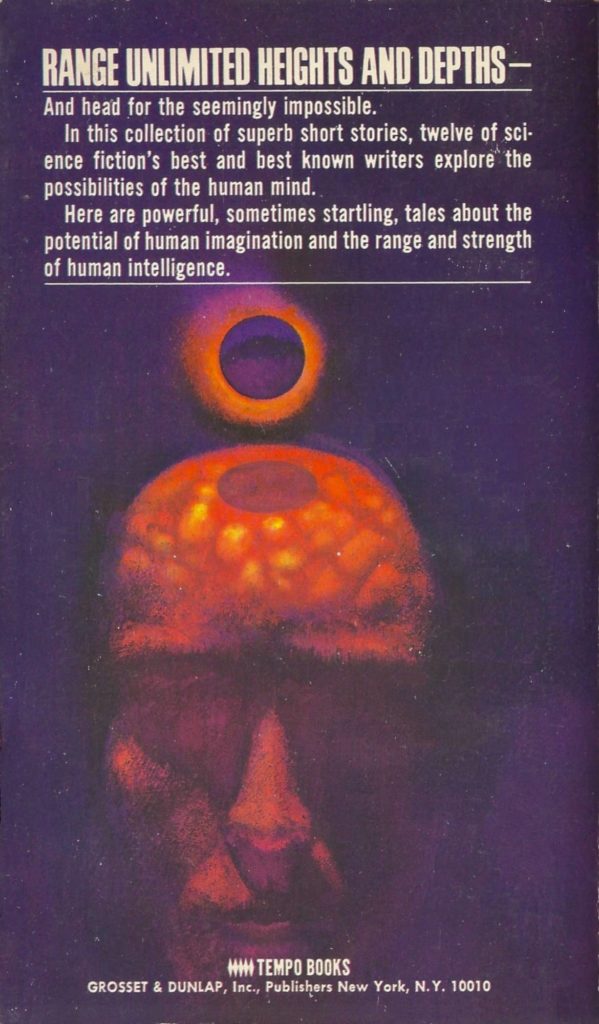
John D. MacDonald’s many novels sold over 70 million copies. One of MacDonald’s strengths was his knowledge of business. Many times in the Travis McGee series, Travis will talk about the Stock Market and the Economy with his renown economist friend, Meyer. Business elements appear in many of MacDonald’s thrillers.
A Key to the Suite (1962) shows how business convention is run and how management uses conventions to evaluate their staffs. Floyd Hubbard is sent to a beach resort convention center to fire the head of Sales for the corporation, Jess Mulaney. But, Mulaney and his partner, Fred Frick, hire a high-class call girl to seduce Hubbard and then embarrass him in front of his colleagues. They figure that incident could save their jobs.
But nobody predicted the mayhem that would result when the plot goes off the rails. Dean R. Koontz, in his excellent Introduction to A Key to the Suite, praises John D. MacDonald’s ability to create believable settings for his novels. I found the details of the operation of a business convention fascinating. And, then there’s the dangerous plot to trick Floyd Hubbard on top of that. A Key to the Suite shows JDM at the top of his game. Do you have a favorite JDM novel? GRADE: A
